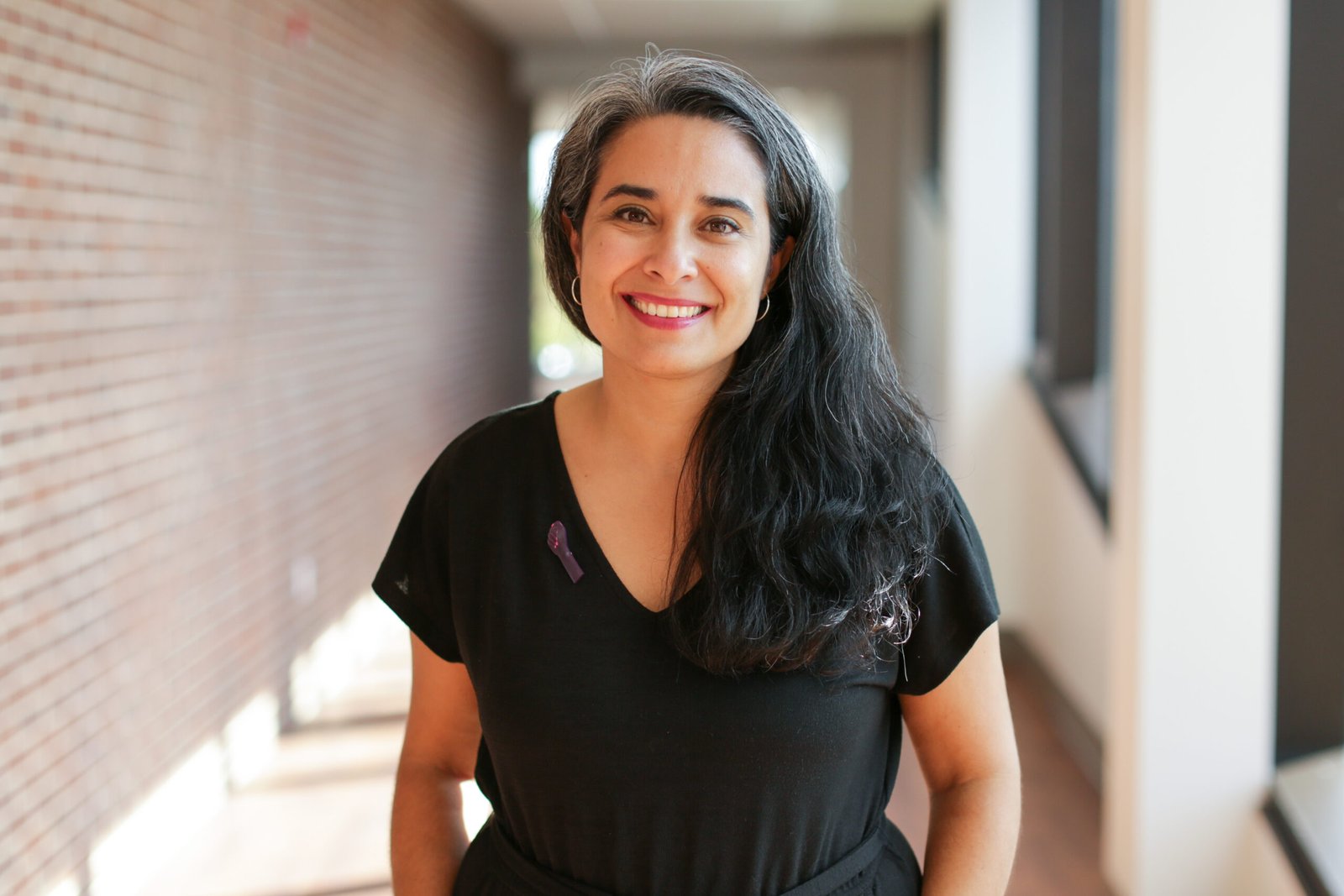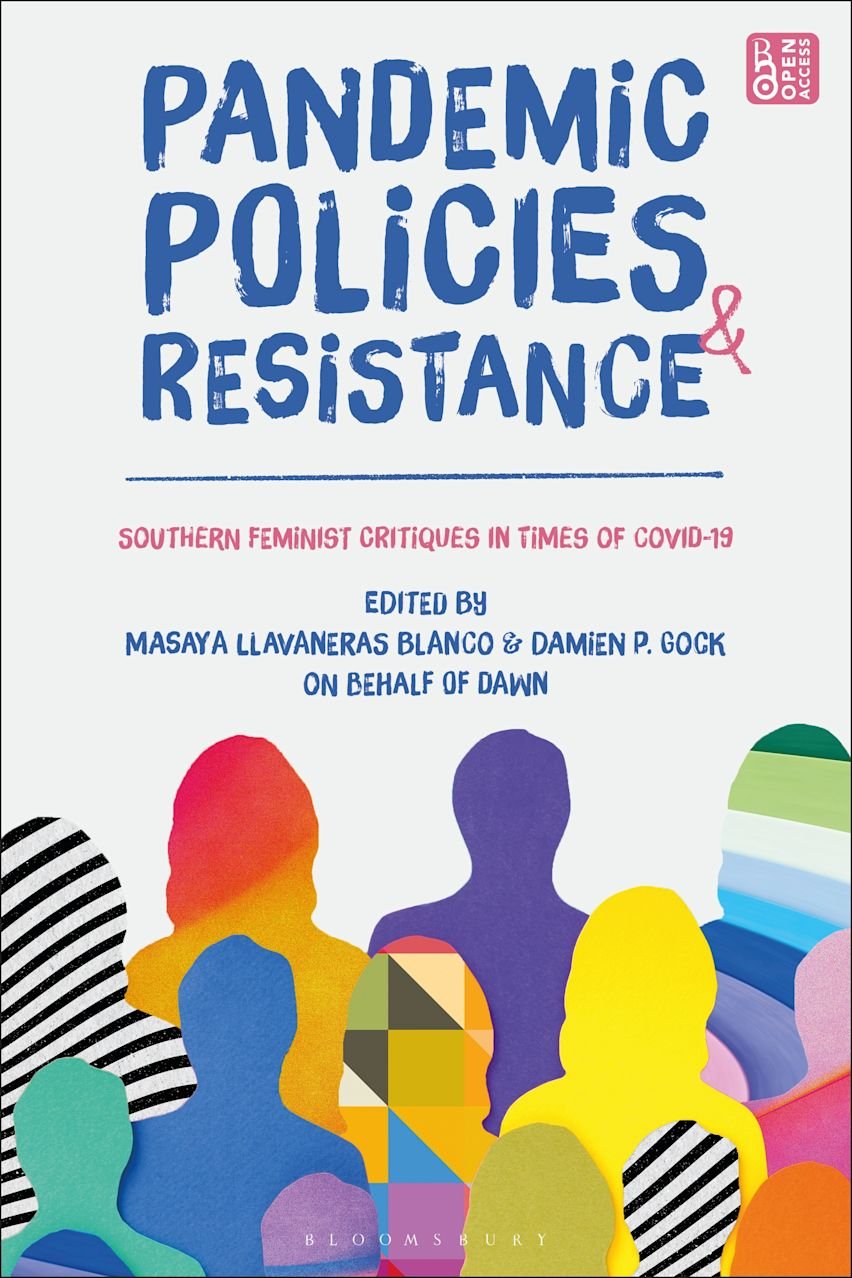
Dr. Masaya Llavaneras Blanco
I am an interdisciplinary professor, researcher, and author who works on global inequalities through a southern feminist lens. I am also a scholar-activist concerned with how development is critiqued, imagined, and carried out from a feminist perspective rooted in the Global South.

Dr. Masaya Llavaneras Blanco
I am an interdisciplinary professor, researcher, and author who works on global inequalities through a southern feminist lens. I am also a scholar-activist concerned with how development is critiqued, imagined, and carried out from a feminist perspective rooted in the Global South.

Dr. Masaya Llavaneras Blanco
I am an interdisciplinary professor, researcher, and author who works on global inequalities through a southern feminist lens. I am also a scholar-activist concerned with how development is critiqued, imagined, and carried out from a feminist perspective rooted in the Global South.
Dr. Masaya Llavaneras Blanco
I am an interdisciplinary professor, researcher, and author who works on global inequalities through a southern feminist lens. I am also a scholar-activist concerned with how development is critiqued, imagined, and carried out from a feminist perspective rooted in the Global South.
Pandemic Policies and Resistance
Offering Southern feminist assessments of detailed case studies from 12 countries, this open access book provides crucial insights into the gendered repercussions of the COVID-19 pandemic on macroeconomics, labour, migration and human mobilities, and care and social protection throughout the Global South. The chapters provide a comprehensive and intersectional perspective on how the pandemic affected, and continues to affect, women and girls of different ages, classes, races, ethnicities, and abilities.
Contributors across Asia, Africa, the Caribbean, Latin America, and the Pacific consistently find that the pandemic offered unique opportunities to tackle long-standing global inequalities, but they also highlight how, in reality, what often emerged were "regimes of exception" that compromised democratic practices during this global crisis. Various movements and organizations developed important new forms of resistance to such regimes and, by also bringing these to light, these chapters make important interventions into critical debates on the role of the state, the market, and civil society in addressing pandemics and their aftermaths. This ultimately challenges dominant narratives that overlook or marginalize the gendered implications of these crises, and in doing so provides an original, gender-aware analytical framework for understanding Global-South policy trends - one that offers concrete policy and practice recommendations for promoting gender equality and justice in the future.
